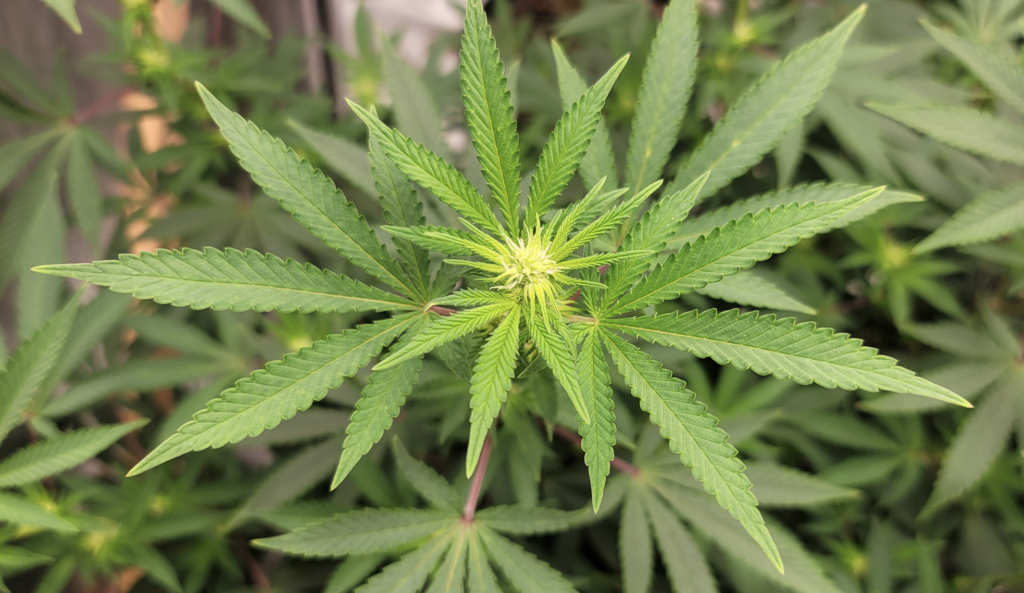The governor of Wisconsin says marijuana legalization is one of several key priorities the state should pursue in the 2025 session, as lawmakers work with a budget surplus.
During a budget listening tour stop last week, Gov. Tony Evers (D) laid out his administration’s post-election agenda, putting “legalizing marijuana” second on a list of items he’d like to see implemented in the new year. Other proposed reforms included expanding healthcare, promoting gun safety and more.
Evers has long advocated for ending cannabis prohibition in the state, but he’s faced consistent resistance from the GOP-controlled legislature. While Democrats picked up several seats, breaking a Republican supermajority, they’re still outnumbered in both chambers, which will likely complicate any attempt to enact broad legalization until at least after the 2026 elections.
The governor also said during last Monday’s event that he wants to see lawmakers advance legislation that moves the state forward “on evidence-based justice reform.” He’s repeatedly discussed marijuana legalization in that context.
In May, Evers said he was “hopeful” that the November election would lead to Democratic control of the legislature, in part because he argued it would position the state to finally legalize cannabis.
“We’ve been working hard over the last five years, several budgets, to make that happen,” he said at the time. “I know we’re surrounded by states with recreational marijuana, and we’re going to continue to do it.”
But the GOP-controlled legislature has so far failed to pass even limited medical cannabis legislation, even a conservative bill was filed in January that the Assembly speaker had promoted. Republicans have also consistently stripped marijuana proposals from the governor’s budget requests.
A Wisconsin Democratic Assembly member tried to force a vote on a medical cannabis compromise proposal in February, as an amendment to an unrelated kratom bill, but he told Marijuana Moment he suspects leadership intentionally pulled that legislation from the agenda at the last minute to avoid a showdown on the issue.
That move came as the GOP speaker retreated on his own limited cannabis legislation that a top Republican senator criticized as anti-free market because it would’ve created a system of state-run dispensaries.



